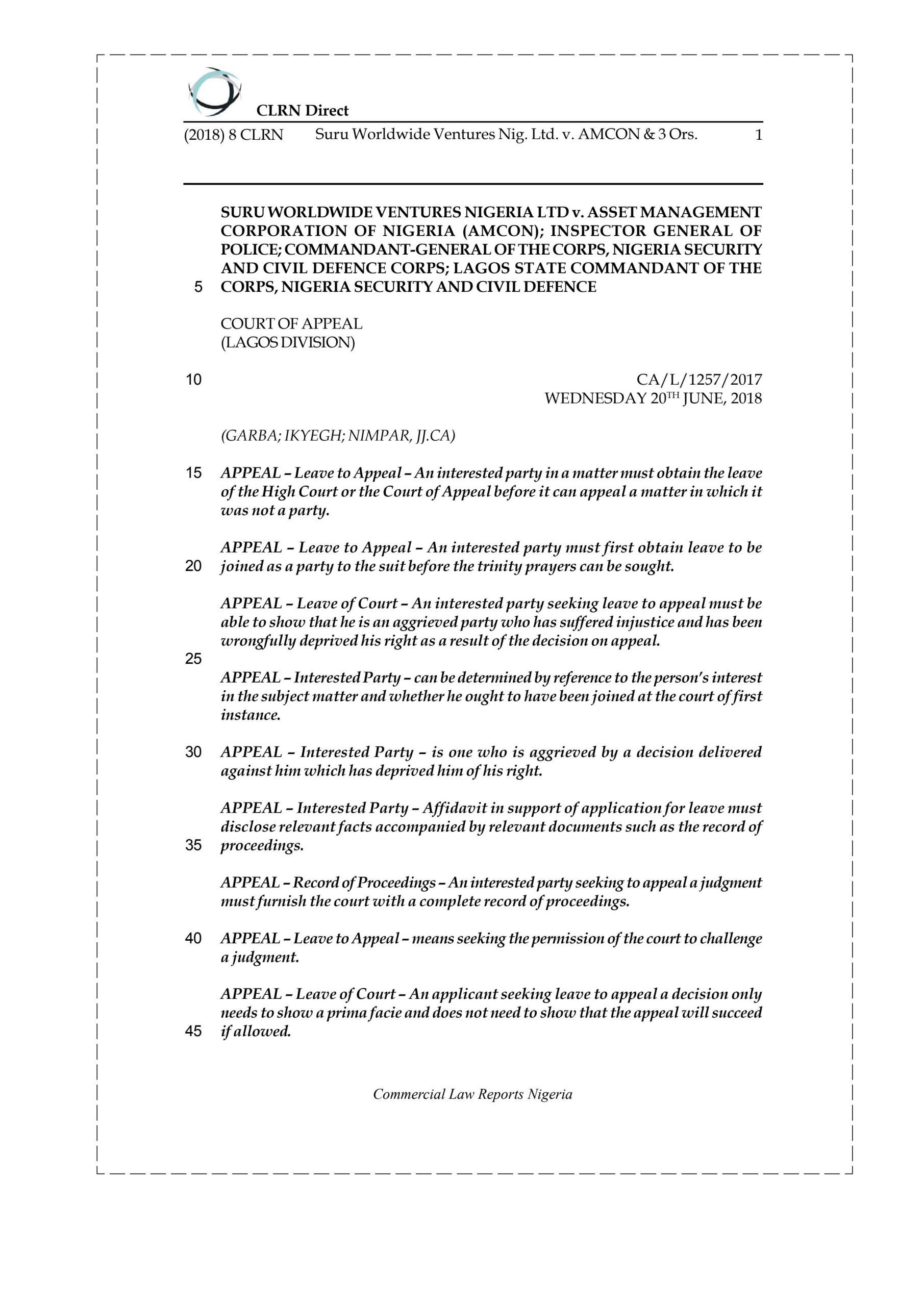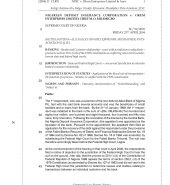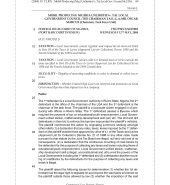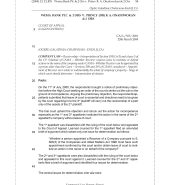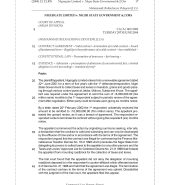Suru Worldwide Ventures Nig. Ltd. v. AMCON & 3 Ors.
₦300
In Stock
Facts:
The appellant, a customer of Ecobank PLC, was granted some facilities by the bank. The facilities were secured by deeds of legal mortgage and became due but were not repaid by the appellant. The 1st respondent purchased the debt from Ecobank and attempted to recover same from the appellant. Consequently, the 1st respondent sent demand notice to the appellant who failed to repay the facilities after acknowledging its indebtedness. In a bid to recover the facilities, the 1st respondent filed several suits against the appellant at the Federal High Court, Lagos Division. By an originating motion filed against the 2nd to 4th respondents, the 1st respondent prayed the court to direct the officers of the 2nd to 4th respondents to assist the 1st respondent in exercising its right as a legal mortgagee over the three properties used in securing the facilities under the registered legal mortgage. The court, in its ruling, ruled in favour of the 1st respondent ordering the officers and men of the 2nd to 4th respondents to assist the 1st respondent in exercising its rights over the properties. The appellant was dissatisfied and filed an application challenging the ruling. After hearing the parties, the court dismissed the appellant’s application and refused to vacate its order.
The 2nd to 4th respondents, in compliance with the ruling, deployed its officers and men to the properties in question and enforced the ruling of the court. The appellant was aggrieved and filed an application at the Court of Appeal, Lagos Division seeking among several reliefs, an order of the court for extension of time within which to apply for leave to appeal the ruling of the court as an interested party in the matter. The appellant also sought orders granting it leave to appeal the ruling as well as extension of time to file the notice and grounds of appeal against the ruling of the court. Several interlocutory orders were also sought wherein the appellant asked for suspension of the execution of the ruling of the court and to restrain the respondents from continuing to interfere with its peaceable possession of the properties.
One of the grounds for the application was that the 2nd to 4th respondents were not parties to the suit between the appellant and the 1st respondent and as such had no interest in the properties for which judgment was delivered and that it was not made a party to the application for execution of the ruling to enforce the 1st respondent’s right to the properties. Furthermore, that it was a violation of the appellant’s right to fair hearing and that the execution of the ruling deprived the appellants from operating its hospitality business being carried on in one of the properties now under invasion and siege of the respondents and that irreparable damage would be done to its international brand reputation if its application is not granted to allow it unfettered access to its properties.
